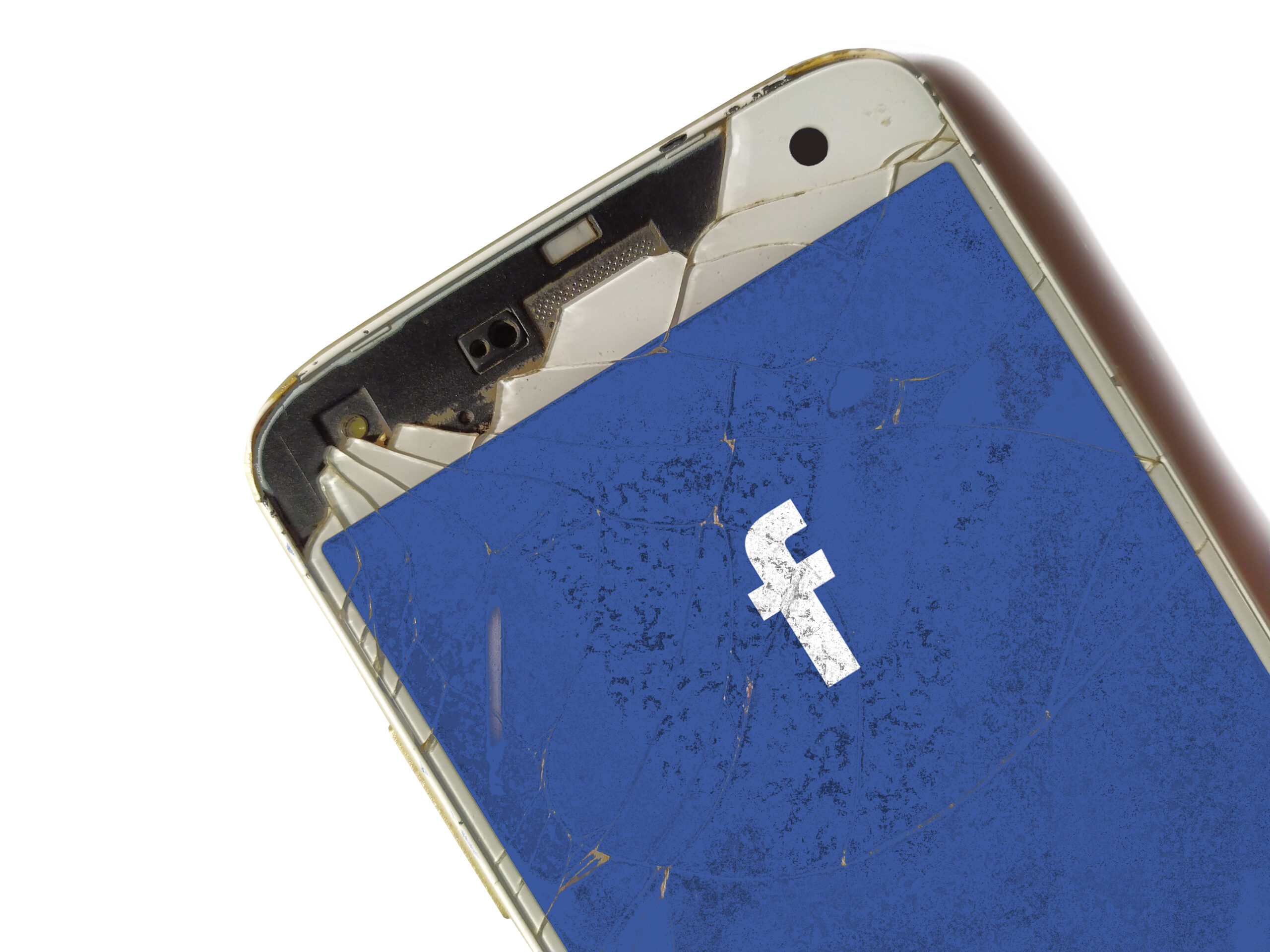The recently-formed coalition of #StopHateforProfit has started showing its seriousness to Facebook: Unilever, the CPG giant, has suspended all of its Facebook advertising spend through July. (At least.)
“Given our Responsibility Framework and the polarized atmosphere in the U.S., we have decided that starting now through at least the end of the year, we will not run brand advertising in social media newsfeed platforms Facebook, Instagram and Twitter in the U.S. Continuing to advertise on these platforms at this time would not add value to people and society.” – Unilever, as reported to Wall Street Journal
Unilever joined the ranks of other companies who have already pulled spend, including Verizon, Hershey’s, and Coca-Cola. Collectively, it’s put an over $7 billion dent in Facebook’s advertising revenue.
Why Are Companies Pulling Facebook Ad Spend?
While Facebook is no stranger to controversy around its content policies, election drama, and outright ineptitude at enforcing its own rules, this is probably the largest coordinated effort to date.
The heat turned up after the 2016 election, and hasn’t really settled down since. However, as the stressors and conversations in 2020 have come to the forefront, it’s highlighted how problematic Facebook’s content policies really are.
In its effort to please everybody by making it a “free speech” zone, it’s making a lot of companies uncomfortable – the very companies that pay Facebook money.
Anti-protester content in the midst of Black Lives Matter, incendiary and/or outright untrue statements by public figures, accusation of voter suppression, no fact-checking on political ads, and a relaxed stance on Trump commentary have all stoked a collective fire.
Stop Hate for Profit
The unrest and discomfort among advertisers has been organized under the banner of #StopHateForProfit. The group is co-organized by groups like Color of Change, NAACP, and Sleeping Giants founder Matt Rivitz.
It’s been calling for change collectively by advertisers to mobilize pressure for change on content policies, most notably by committing to withdrawing ad spend for July.
Their website contains an updated list of companies who have pulled spend, and there are certainly more than a few names the average consumer would recognize. It also lists the steps it’s imploring companies to take, and updates on efforts.
Will This Matter to Facebook’s Bottom Line?
It depends on the definition at hand.
While $7 billion sounds like a lot of money, it’s small relative to the over $70 billion in advertising revenue Facebook rakes in.
The real story here is probably around the stock prices. As a public company, Mark Zuckerberg has stakeholders that are watching, and surely they saw the the 8% drop in stock price upon Unilever’s announcement.
Will This Benefit Advertisers?
Many advertisers immediately started wondering if and how this could benefit ad prices. Reduced competition for ad space can reflect in cheaper CPMs, something that was felt during the initial weeks of COVID-19 as ad spend fell.
Those prices have since increased to pre-pandemic levels, with advertisers hoping this could cause a second wave of cheaper ads during the summer months.
The likelihood that most advertisers will feel any difference is probably low. Ad prices are determined by a lot more than just there being a chunk of money in the machine that’s now missing:
#1: The Campaign Type
Most CPG brands are not direct-response driven, so they aren’t competing for the same actions that ecommerce or DTC advertisers are.
They are paying large amounts of money for mass reach, not going after the hotly competitive market that’s optimizing to purchases or other high-intent actions.
Conversion campaigns carry much higher CPM than something simply going for Reach
#2: The Target User
Because many of these products are applicable to so many consumers, they don’t have a niche user type. This gives greater flexibility in targeting, which also carries cheaper CPMs in Facebook.
For example, a CPG could target all women in the United States, 24-45. Most advertisers have a more specific target than that, and more specificity means a higher cost.
How is Facebook Responding?
Although claiming changes were already in the works, Zuckerberg issued a statement outlining changes to policies on Friday afternoon.
He reiterated the launch and function of the Voting Information Center, and noted the following additional items:
- Election Operations Center will will review and respond quickly to falsehoods surrounding voting conditions within 72 hours of election dates
- Links to the Voting Information Center for any post that mentions voting
- Banning of posts stating that ICE agents are patrolling voting centers to check for immigration status
In regards to hate speech, he noted Facebook’s track record versus other social platforms in curbing hate speech. While not saying specifically how the following items would be identified, he announced the ads policies would expand to: “…prohibit claims that people from a specific race, ethnicity, national origin, religious affiliation, caste, sexual orientation, gender identity or immigration status are a threat to the physical safety, health or survival of others. We’re also expanding our policies to better protect immigrants, migrants, refugees and asylum seekers from ads suggesting these groups are inferior or expressing contempt, dismissal or disgust directed at them.”
He goes on to stand by their continued decision to not remove content that violates policy if they deem it to be newsworthy. Specifically, Facebook is doubling down on their stance that free expression in posts is important, even if it means leaving things up that should be shared and spread as an act of condemning it. However, moving forward, these items will be labeled as content policy violation so users are clear that they are aware of this, but the need for it to be shown outweighs that fact.
The caveat he highlights is this does NOT apply to things that may incite violence or affect voter turnout. Any content with that aim will not be shown.
“I’m optimistic that we can make progress on public health and racial justice while maintaining our democratic traditions around free expression and voting. I’m committed to making sure Facebook is a force for good on this journey.” – Mark Zuckerberg





